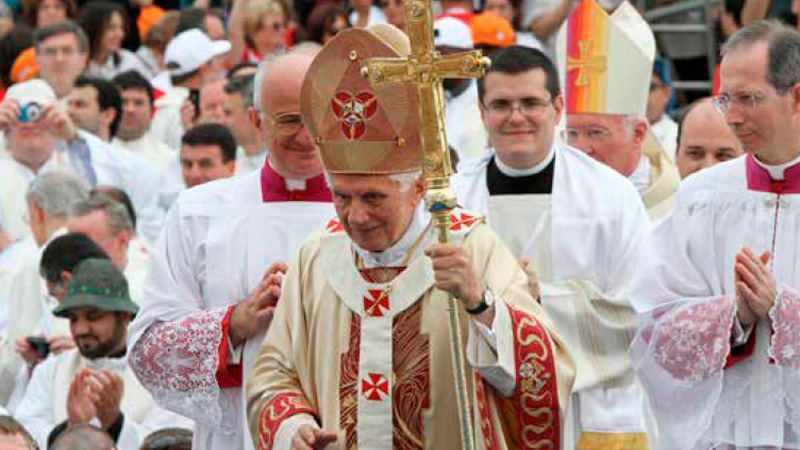Normally the family communicates, almost by osmosis, the most basic moral experience. In its bosom each person, through the primary good of the affections, is “recognized” as such - the mother’s smile tells her baby: “it is good that you are” - and is opened to the future by a “promise” of fulfillment. From this promise a “task” arises that is played out in interpersonal relationships and in the exchange between generations. Here we have the three inseparable factors, “recognition – promise – task”, that are decisive for the life of every man.
It thus appears quite reasonable that the Compendium of the Social Doctrine of the Church defines the family as “a community of love and solidarity, which is uniquely suited to teach and transmit cultural, ethical, social, spiritual, and religious values, essential for the development and well being of its own members and of society” (n. 238).
And yet today, these abilities of the family that cause the person to flourish seem to be called into question.
The volume Las sfida educativa [The educational challenge], a report on education published by the CEI’s (Italian Episcopal Conference’s) Committee for Cultural Projects, has analyzed this trend and highlighted the dramatic educational emergency that exists within and outside the family in various social contexts. The family daily finds itself having to face risky situations that require the fielding of values as well as personal and relational resources. However, these resources are not always readily available within the fragmented social context in which these same families live. The risk sometimes presents itself under the guise of a challenge, linked oftentimes to the need to reconcile work and family, which drives parents to invent repeatedly new reasonable and viable solutions for managing their time. The need to deal with social situations so uncertain in their outcomes is no reason for discouragement; indeed, it only confirms the urgency of the mission to educate. Even if at times it appears as an impossible undertaking, it calls upon the family in its very essence: to give life – not only biological, but fully human – to a new person, to a new generation.
How do we support families in taking on a mission that not only affects the family circle, but also impacts the life of the entire society? First of all, by being aware that children are always children, i.e. generated, and that loving relationships with their parents (the progenitors) as well as family and intergenerational ties are therefore original and constitutive. Indeed, for the parents, for the grandparents, and for the whole family, each child is special, even if he or she is tried by fate in body or mind. In this perspective, the added value of the family is its ability to generate in a humanizing way, by offering children a sense of their uniqueness within an atmosphere of meaningful belonging lived out day by day. In other words, the family –that irreplaceable womb in which the identity of the child is generated and the humanity of little ones matures– is an essential resource for society. Given the breadth and depth of the task awaiting it, the family cannot be left alone: fulfilling or not fulfilling this task makes a difference in the very life of society. It is therefore urgent for the family to be joined by other agents who, recognizing its primary educative role and value, make a pact among themselves. What I have in mind is an educative alliance in which the educating subjects – family, school, those who are active in the community – are enabled to act cooperatively according to the logic of subsidiarity. Their roles are distinct, but the objective – a humanity strengthened and an increase in free and secure personalities - is shared.
Translation by Diane Montagna.



